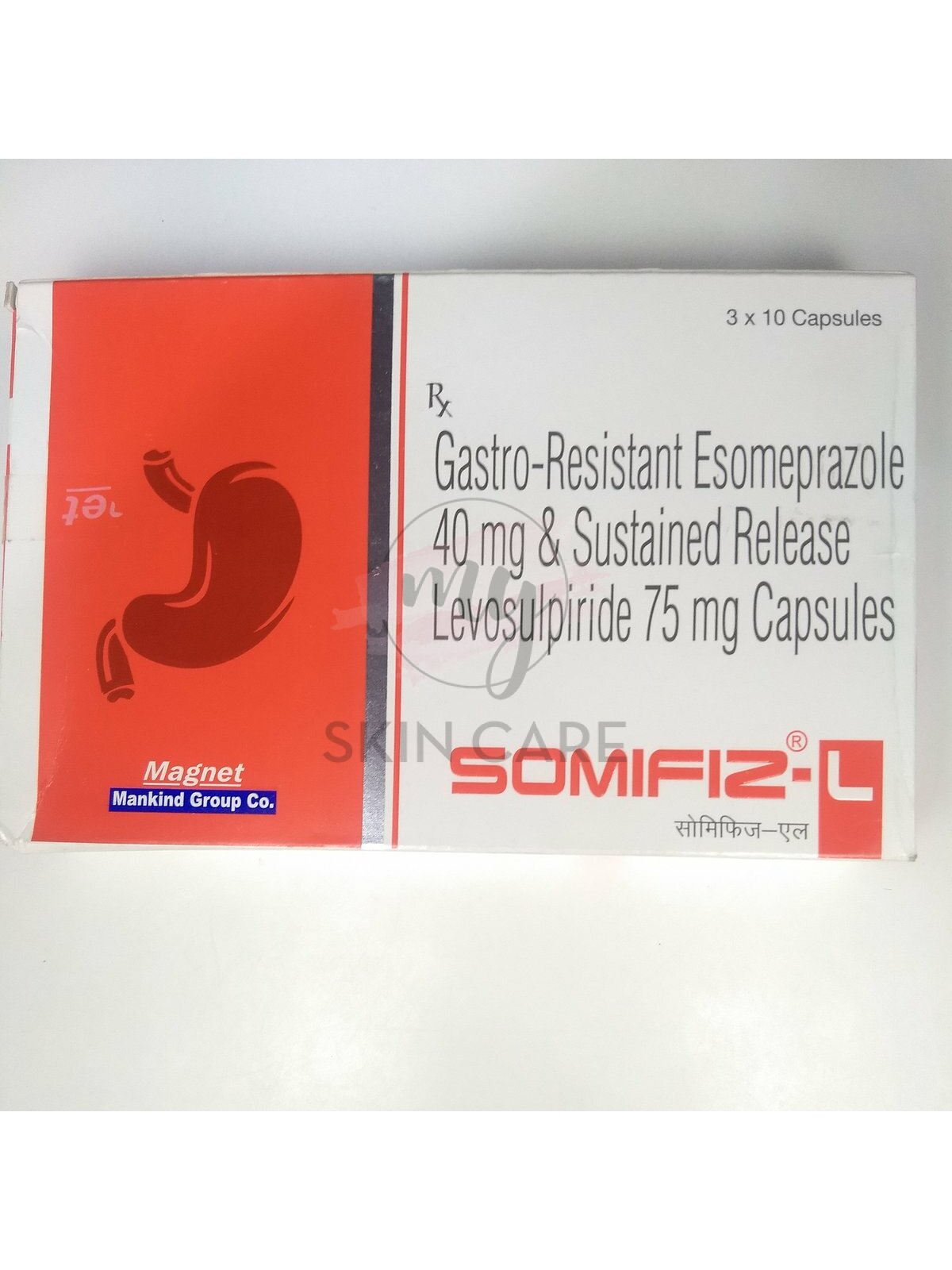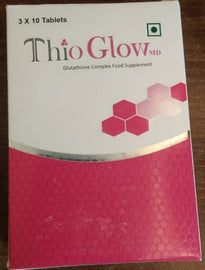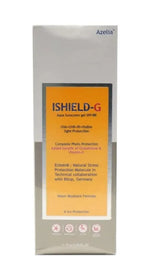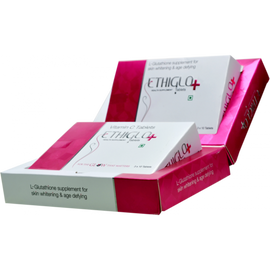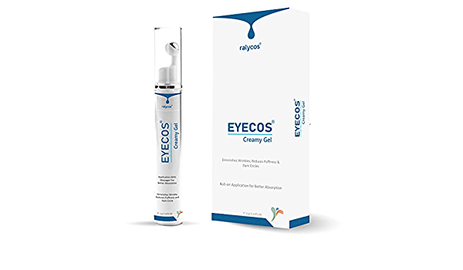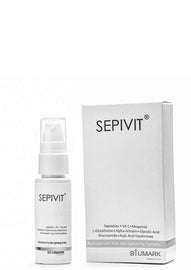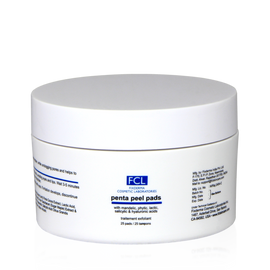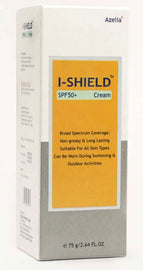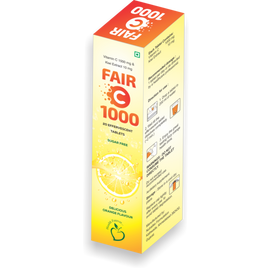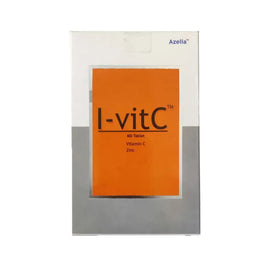Somifiz L Capsule is a prescription medicine used in the treatment of gastroesophageal reflux disease (Acid reflux) and peptic ulcer disease by relieving the symptoms such as heartburn, stomach pain, or irritation. It also neutralizes the acid production in the stomach to prevent discomfort.
Somifiz L Capsule is taken without food in a dose and duration as advised by the doctor. The dose you are given will depend on your condition and how you respond to the medicine. You should keep taking this medicine for as long as your doctor recommends. If you stop treatment too early your symptoms may come back and your condition may worsen. Let your healthcare team know about all other medications you are taking as some may affect, or be affected by this medicine.
The most common side effects are diarrhea, nausea, vomiting, stomach pain, flatulence, constipation, and headache. Most of these are temporary and usually resolve with time. Contact your doctor straight away if you are at all concerned about any side effects. To overcome constipation, you should add fibre-rich foods in your diet and stay hydrated. It may also cause sleepiness, so do not drive or do anything that requires mental focus until you know how this medicine affects you. Avoid drinking alcohol while taking this medicine as it can worsen your sleepiness. Lifestyle modifications like having cold milk and avoiding hot tea, coffee, spicy food or chocolate can help you to get better results.
Before taking this medicine, you should tell your doctor if you are pregnant, planning pregnancy or breastfeeding. You should also tell your doctor if you have liver or kidney diseases so that your doctor can prescribe a suitable dose for you.
USES OF SOMIFIZ L CAPSULE
Gastroesophageal reflux disease (Acid reflux)
Peptic ulcer disease
SIDE EFFECTS OF SOMIFIZ L CAPSULE
Common
Nausea
Vomiting
Diarrhea
Constipation
Upset stomach
Stomach pain
Headache
Flatulence
Sleepiness
HOW TO COPE WITH SIDE EFFECTS?
The occurrence of side effects varies from person to person. The following are a few ways of dealing with some of the common side effects. However, consult your doctor if these persist.
Coping with Nausea
You can help yourself by eating small, frequent meals rather than large ones and drinking plenty of fluids. Eat slowly. Avoid fatty, fried, spicy and very sweet foods. Eat cold or slightly warm food if the smell of cooked or cooking food makes you feel sick. Get plenty of fresh air. You could also try chewing ginger or drinking ginger tea. Eat bananas to replace potassium in your blood which can drop if you are sick (vomit). Use oral rehydration salts to replace vitamins and minerals lost through being sick. There are some medicines that can help you stop from feeling sick. Speak to your doctor if your condition does not improve.
Coping with Vomiting
You can help yourself by eating small, frequent meals rather than large ones and drinking plenty of fluids. Eat slowly. Avoid fatty, fried, spicy and very sweet foods. Eat cold or slightly warm food if the smell of cooked or cooking food makes you feel sick. Get plenty of fresh air. You could also try chewing ginger or drinking ginger tea. Eat bananas to replace potassium in your blood which can drop if you are sick (vomit). Use oral rehydration salts to replace vitamins and minerals lost through being sick. There are some medicines that can help you stop feeling sick. Speak to your doctor if your condition does not improve.
Coping with Diarrhea
Keep up your intake of fluids and electrolytes (sugars and salts) to avoid getting dehydrated. Eat less fiber (avoid raw fruits, fruit juice and vegetables). Talk to your doctor about possible medication to manage diarrhea. Ask about reducing the dosage of your drug or other suitable treatments.
Coping with Constipation
Try to eat foods which are high in fiber such as fresh fruits, vegetables and cereals to increase the bulk and consistency of bowel movements. Drink plenty of water or non-alcoholic drinks and stay hydrated to promote healthy digestion. Increasing physical activities such as walking, yoga and regular exercise can also be helpful. If your condition does not improve, you can ask your doctor to prescribe you laxative medicine.
Coping with Upset stomach
Try taking your medicine with a meal or snack, or shortly after eating. It might help to eat smaller and more frequent meals, and to eat and drink slowly. Avoid foods which can irritate your stomach such as carbonated soft drinks, caffeine, fatty and spicy foods, mints and citrus fruits. Quit smoking and alcohol because they increase the symptoms. Do not eat for 3 or 4 hours before going to bed. Try raising the head of your bed at night or use extra pillows. Ask your doctor or pharmacist about medicines that may help, such as antacids, if your condition does not improve.
Coping with Stomach pain
Try to get plenty of rest and relax. Putting a heat pad or covered hot water bottle on your stomach may relieve the stomach pain. It may help if you eat and drink slowly and have smaller and more frequent meals. Reduce your intake of coffee, tea and alcohol as these can make the pain worse. If you are in a lot of pain, speak to your doctor about possible medication. Your doctor may be able to prescribe some over-the-counter medicines to help reduce the pain.
Coping with Headache
Make sure you rest and drink plenty of fluids. Rest in a quiet, dimly lit room. Do not sleep more than you normally would. Do not strain your eyes (for example by looking at a screen). Do not drink alcohol. Headaches are usually temporary and usually go away with time. But, if they last longer or get worse, ask your doctor to recommend a painkiller.
Coping with Flatulence
Try eating small and frequent meals. Drink and chew your food slowly. Exercise regularly to improve how your body digests food. Try not to swallow too much air. This can happen when you talk and eat at the same time. Avoid drinking with a straw, chewing gum and smoking as these can also make you swallow air. Try to limit foods that are hard to digest or produce gas (such as fried and fatty foods, cheese, beans, cabbage, onion, whole grains and many others). Avoid drinking alcohol, carbonated soft drinks and fruit juices. If you wear dentures, make sure they fit properly. Some over-the-counter medicines can help. Talk to your doctor about possible medication if your condition does not improve.
Coping with Sleepiness
If the medicine is making you drowsy during the day, stop what you are doing and sit or lie down until you feel better. You can also consider taking a nap. Physical exercises such as walking may be helpful. Do not drink alcohol, as it will make you feel more tired. Avoid driving or operating heavy equipment when you are feeling drowsy. This problem usually goes away as your body gets used to the medicine. However, if it does not, ask your doctor if you can take your medicine at bedtime or whether the dose can be reduced.
HOW TO USE SOMIFIZ L CAPSULE
Take this medicine in the dose and duration as advised by your doctor. Do not chew, crush or break it. Somifiz L Capsule is to be taken empty stomach.
HOW SOMIFIZ L CAPSULE WORKS
Somifiz L Capsule is a combination of two medicines: Levosulpiride and Esomeprazole. Levosulpiride is a prokinetic which works by increasing the release of acetylcholine (a chemical messenger). This increases the movement of stomach and intestines, and prevents reflux (acid going up to the food pipe). Esomeprazole is a proton pump inhibitor (PPI). It works by reducing the amount of acid in the stomach which helps in the relief of acid-related indigestion and ulcers.
SAFETY ADVICE
warnings
Alcohol
UNSAFE
It is unsafe to consume alcohol with Somifiz L Capsule.
warnings
Pregnancy
CONSULT YOUR DOCTOR
Somifiz L Capsule may be unsafe to use during pregnancy. Although there are limited studies in humans, animal studies have shown harmful effects on the developing baby. Your doctor will weigh the benefits and any potential risks before prescribing it to you. Please consult your doctor.
warnings
Breastfeeding
CONSULT YOUR DOCTOR
Information regarding the use of Somifiz L Capsule during breastfeeding is unavailable. Please consult your doctor.
warnings
Driving
UNSAFE
Somifiz L Capsule may cause side effects which could affect your ability to drive.
Somifiz L Capsule may cause drowsiness, numbness, or dyskinesias, therefore they should be advised to avoid driving and operations requiring supervision.
warnings
Kidney
CONSULT YOUR DOCTOR
There is limited information available on the use of Somifiz L Capsule in patients with kidney disease. Please consult your doctor.
However, limited data suggest a cautious use of this medicine in these patients.
warnings
Liver
CAUTION
Somifiz L Capsule should be used with caution in patients with severe liver disease. Dose adjustment of Somifiz L Capsule may be needed. Please consult your doctor.




